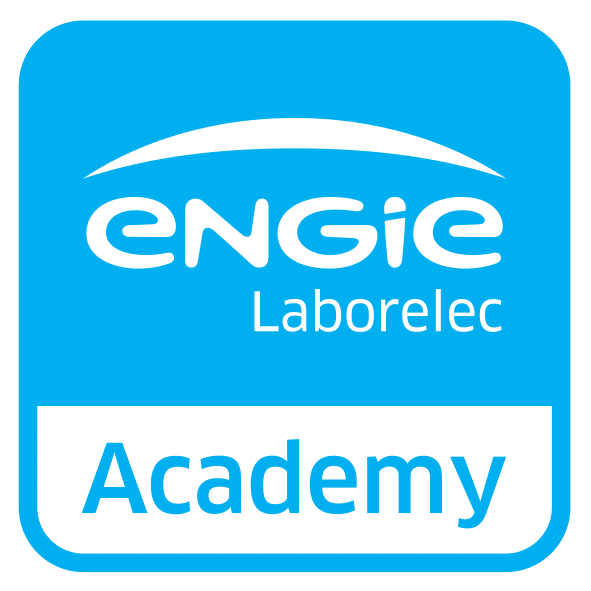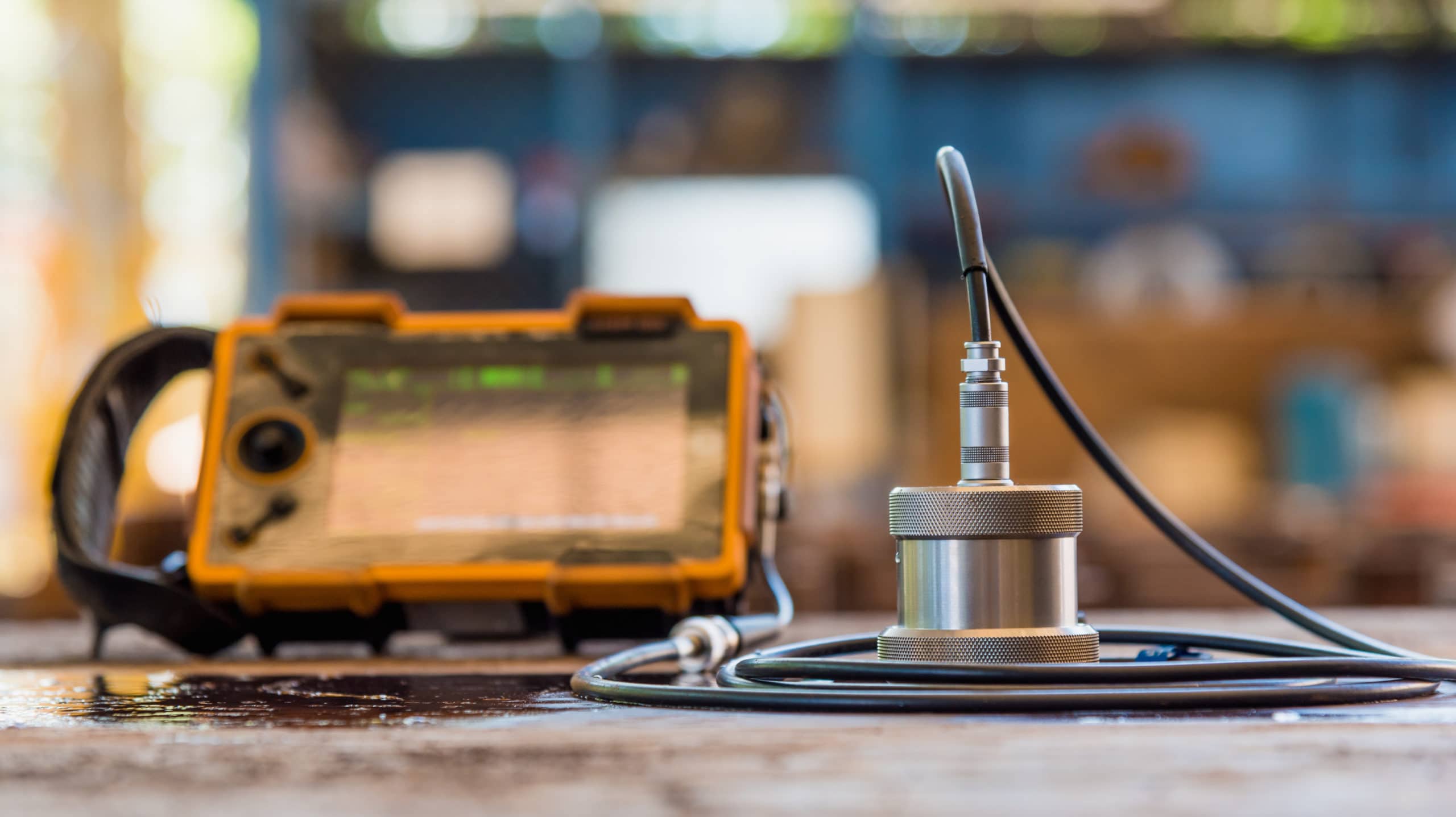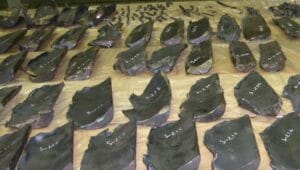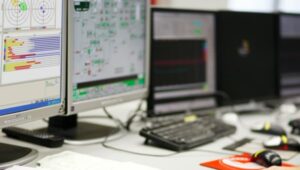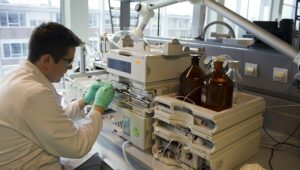Introduction to Non-Destructive Testing (NDT)
€765.00 excl. VAT
Instructor

Kevin Tierens
After almost nine years at Vinçotte’s non-destructive testing department, Kevin joined ENGIE Laborelec at the end of 2019 where he currently works on conducting NDT inspections in conventional and nuclear power plants during overhauls. He is Level II ISO 9712 certified in penetrant, magnetic, radiographic and ultrasonic testing. Kevin also has extensive experience of monitoring and inspecting construction sites, as well as in contract management and planning. At ENGIE Laborelec, he also participates in developing new measurement techniques and adapting existing techniques to be applied to geometrically complex components and parts, while also ensuring measurement reliability and cost-effectiveness.
Frameworks
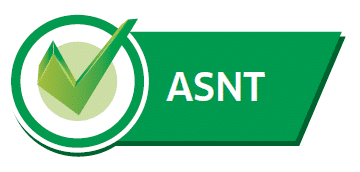
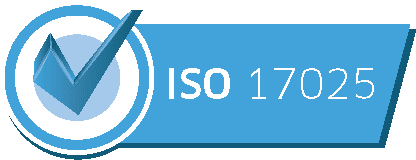

Goals
The course is designed to meet the needs of anyone who calls on service providers to carry out nondestructive testing (NDT) and organize and monitor associated measurement campaigns on site. At the end of the course, participants will have basic knowledge of the various NDT methods, and will be equipped to assess the most appropriate method to be deployed in a given situation, as well as the typical results each will produce.
Program
The course begins with what NDT is and the various elements to consider when preparing a measurement campaign, such as ASME standards and codes, and service provider certification. Every step of the process is reviewed and discussed, from preparation, preliminary studies and simulation, to reporting, including the importance of procedures, equipment calibration and site management.
The main part of the course then looks at the analysis techniques themselves, and how to guarantee that analysis is reliable. For each method, the following aspects are reviewed: choice of method in relation to the application, materials, suitability to detect certain types of defect, and limitations, using the following
testing techniques and methods:
- visual examination,
- penetrant testing,
- magnetic particle testing,
- eddy current testing,
- ultrasonic testing, and
- radiographic testing.
The course ends with a comparison of the various methods, with an emphasis on their field of application. Everything is illustrated by examples drawn from real industrial settings.
Brief interactive exercises form an important and integral part of the course, designed to illustrate the theory and aid in assimilating the material. The course also includes a large number of case studies.
Target Audience
The course is particularly suitable for maintenance and operation staff, engineers and technicians, in power plants and other areas of industry, such as metals, petrochemicals and chemicals. The course is also aimed directly at engineers and technicians who are responsible for QA or QC.
Practical Info
Please note that the course will only take place if the minimum number of participants is acquired.
If you would like a dedicated session for your team, or if you want information on the possible dates for this course, please get in contact at laborelecacademy@engie.com.
